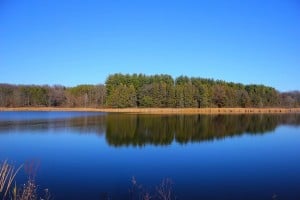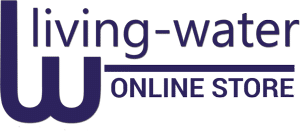
Eutrophication, pollution and sedimentation are threatening the ability of these water bodies to function adequately as adequate ecosystem services as a result of the use of these lakes for multiple purposes. Water disruption due to algal bloom, excessive growth of aquatic plants, and increased sedimentation and unsuitable catchment pressures are all causing major problems that need to be attended to as soon as possible. A preliminary study carried out in 2004 identified that 60% of the 90 major lakes in the country are either experiencing eutrophication or are nutrient-rich.
Adequate standards and criteria for water quality are vital, and Malaysia has developed a nationwide strategic plan for sustainable management of lakes to help develop an enabling environment and protect the people and the environment.
The National Hydraulic Research Institute of Malaysia (NAHRIM) led several initiatives to develop specific water quality criteria for lakes, which helped in the development of the IWA Compendium of Water Quality Regulatory Frameworks: Which Water for Which Use. The Compendium provided an overview of the various water quality criteria available and their development approach and focuses and was utilised as a guide in the formulation of the Malaysian lake water quality criteria and standards.
NAHRIM engaged with water quality experts and various stakeholders responsible for lake management during the participative process used to formulate the criteria and standards. This allowed for collaborative decisions on frameworks, parameters, and values towards improving the future water quality of the Malaysian lakes.
This method took careful consideration of local conditions and needs, the identification of available human resources, and technological and funding constraints, which resulted in a locally appropriate tool and a supporting community of experts and stakeholders who have the knowledge and the will to see the criteria and standards are enforced for the good of all.
Get bottled watercooler and watercooler from Living-Water. Purchase water coolers online and rent water cooler in London.





